D3 Liquid
$17.99 — or subscribe and save 5%
Vitamin D3 Liquid is cholecalciferol derived from lanolin and provided in a liquid base of sunflower oil and purified water. In this liquid formula, vitamin D and sunflower oil are combined using a special micro-emulsification process designed to create a natural micellized matrix which, when coated by the stomach bile, will encourage absorption.
Description
D3 Liquid Key Benefits & Actions:
- Supports Bone Strength and Dental Health*
- Supports Modulation of Immune Function*
- Supports Healthy Cell Differentiation*
- Supports Neurologic and Cognitive Health*
- Supports Musculoskeletal Comfort*
- Supports Cardiovascular Health and Healthy Blood Sugar Metabolism*
- Supports Vitamin D Repletion in Cases of Dietary Deficiency, Limited Sunlight Exposure, or Use of Depleting Therapies*
Does Not Contain:
Wheat, gluten, soy, animal or dairy products, fish, shellfish, peanuts, tree nuts, egg, ingredients derived from genetically modified organisms (GMOs), artificial colors, artificial sweeteners, or artificial preservatives.
Directions:
Shake well before using. Take one drop, one to five times daily (plain or in liquid), or as directed by your healthcare practitioner.
Consult your healthcare practitioner prior to use. Individuals taking medication should discuss potential interactions with their healthcare practitioner.
All Unique Verve Formulas Meet or Exceed cGMP Quality Standards and are manufactured and stored in the temperature and humidity regulated facility in USA.
cGMP = Current Good Manufacturing Practice certification means that every aspect of all Unique Verve manufacturing process has been examined, including laboratory/testing methods (for stability, potency and product formulation)
Made and Packaged in the USA
Supplement Facts:
Serving Size: 1 Drop (about 0.0394 mL)
Servings Per Container: About 750
Ingredients:
Percent Daily Values (DV) are based on a 2,000 calorie diet.**
Daily Value (DV) not established.
Vitamin D3 : 25 mcg (1000 IU) 125% (cholecalciferol)
Other Ingredients:
Sunflower oil
LEGAL DISCLAIMER
*Disclaimer: Statements made regarding dietary supplements, or products sold through this website have not been evaluated by the Food and Drug Administration. They are not intended to diagnose, treat, cure, or prevent any disease. Consult your healthcare practitioner prior to use. Individuals taking medication should discuss potential interactions with their healthcare practitioner.
Discussion
While vitamin D3 (cholecalciferol) is made in the skin when 7-dehydrocholesterol reacts with sunlight, many things affect the degree to which this biosynthesis occurs, including time of day, seasons, location, smog/pollution, clothing, shade of skin (darker skin requires more sun), and sunscreen use. Low-cholesterol diets and certain cholesterol therapies can also affect vitamin D formation. By some estimates, one billion people worldwide have vitamin D deficiency or insufficiency. Reversing deficiency and maintaining optimal serum vitamin D levels beneficially impacts biochemistry and numerous body systems; this is largely because calcitriol—the metabolic product of vitamin D—is a secosteroid hormone that targets over 200 genes in a wide variety of tissues.As the research demonstrates, vitamin D is clearly imperative for the development, growth, and maintenance of a healthy body from gestation to senescence.
Bone Health
The body needs vitamin D to absorb calcium, and the importance of vitamin D in skeletal health and bone density is well established. Although bone density is most often associated with calcium intakes, insufficient vitamin D negatively affects calcium absorption. Without adequate absorption, the body must take calcium from its stores in the skeleton, which weakens existing bone and prevents the formation of strong, new bone. Clinical research shows that taking vitamin D orally with calcium supplements can support healthy bone turnover, and adequate calcium and vitamin D throughout life—as part of a well-balanced diet—may reduce the risk of osteoporosis.
The Expanding Roles of Vitamin D
The role of vitamin D in good health continues to expand as the knowledge of this vitamin’s effects on different body systems grows. Research now suggests that optimal serum levels of vitamin D support normal cell differentiation, cardiovascular health, normal immune function, good balance, healthy mood, normal fetal development, neuronal growth and neurodevelopment, healthy glucose metabolism, musculoskeletal comfort, periodontal health, and normal intestinal immune responses. Areas of research that have gained momentum over the past several years concern the relationship of vitamin D deficiency or insufficiency to changes in cellular proliferation, changes in fetal brain development, and mental health.Evidence is also mounting that vitamin D supplementation may provide key immune support.
D2, D3, and Metabolites
As previously stated, D3 is the form of vitamin D produced in the skin. D2 (ergocalciferol) is derived from fungal sources by activating ergosterol with ultraviolet light. It is not naturally present in the human body. After vitamin D is formed in the skin or taken orally, it is metabolized into two different substances within the body: calcidiol (25-hydroxyvitamin D) and calcitriol (1,25-dihydroxyvitamin D). Calcidiol is the body’s main storage form of vitamin D, while calcitriol (made from calcidoil) is “activated” vitamin D. Although D2 and D3 are similar biochemically, a recent study reported D3 to be approximately 87% more potent in raising and maintaining serum calcidiol concentrations and in producing two- to threefold greater storage of vitamin D than did equimolar D2.
REFERENCES
- Factors influencing vitamin d status: https://pubmed.ncbi.nlm.nih.gov/21384086/
- Use of vitamin D in clinical practice: https://pubmed.ncbi.nlm.nih.gov/18377099/
- Vitamin D in health and disease: https://pubmed.ncbi.nlm.nih.gov/18525006/
- Effect of calcium and vitamin D supplementation on bone density in men and women 65 years of age or older: https://pubmed.ncbi.nlm.nih.gov/9278463/
- Meta-analyses of therapies for postmenopausal osteoporosis: https://pubmed.ncbi.nlm.nih.gov/12202472/
- Reducing fracture risk with calcium and vitamin D: https://pubmed.ncbi.nlm.nih.gov/20796001/
- Vitamin d supplement doses and serum 25-hydroxyvitamin d in the range associated with cancer prevention: https://pubmed.ncbi.nlm.nih.gov/21378345/
- Vitamin D and gastrointestinal diseases: inflammatory bowel disease and colorectal cancer: https://pubmed.ncbi.nlm.nih.gov/21317994/
- Vitamin D, light and mental health: https://pubmed.ncbi.nlm.nih.gov/20800506/
- Epidemiologic evidence supporting the role of maternal vitamin D deficiency as a risk factor for the development of infantile autism: https://pubmed.ncbi.nlm.nih.gov/20592795/
- Understanding and determining the etiology of autism: https://pubmed.ncbi.nlm.nih.gov/19774457/
- Association between vitamin D receptor gene haplotypes and chronic periodontitis among Japanese men: https://www.ncbi.nlm.nih.gov/pmc/articles/PMC1975778/
- Developmental vitamin D deficiency and risk of schizophrenia: a 10-year update: https://pubmed.ncbi.nlm.nih.gov/20833696/
- Meta-analysis of observational studies of serum 25-hydroxyvitamin D levels and colorectal, breast and prostate cancer and colorectal adenoma: https://pubmed.ncbi.nlm.nih.gov/20473927/
- Meta-analysis: circulating vitamin D and ovarian cancer risk: https://pubmed.ncbi.nlm.nih.gov/21324518/
- Ample evidence exists from human studies that vitamin D reduces the risk of selected bacterial and viral infections: https://pubmed.ncbi.nlm.nih.gov/21171208/
- Vitamin D and the anti-viral state: https://www.ncbi.nlm.nih.gov/pmc/articles/PMC3308600/
- Vitamin D induction of the human antimicrobial peptide cathelicidin in the urinary bladder: https://pubmed.ncbi.nlm.nih.gov/21179490/
- Requirements for vitamin D across the life span: https://journals.sagepub.com/doi/abs/10.1177/1099800410391243
- Vitamin d3 is more potent than vitamin d2 in humans: https://pubmed.ncbi.nlm.nih.gov/21177785/
1 review for D3 Liquid
Only logged in customers who have purchased this product may leave a review.

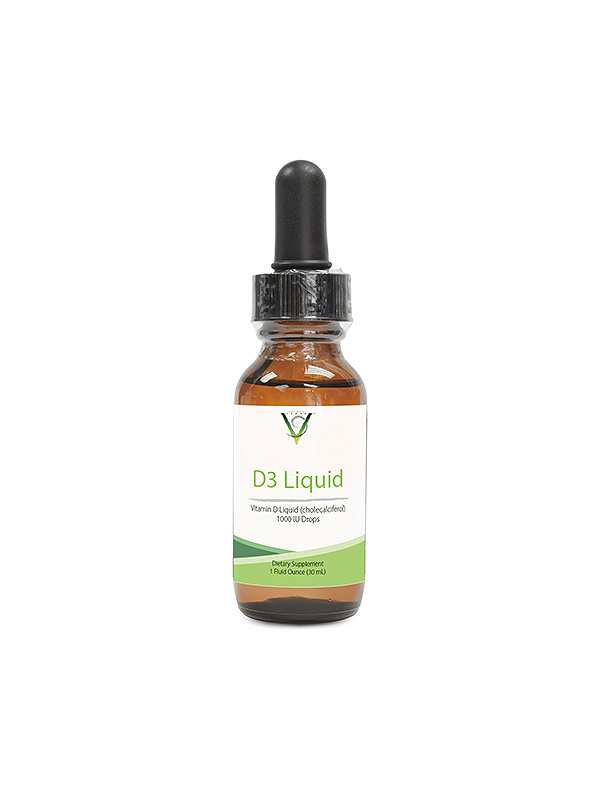
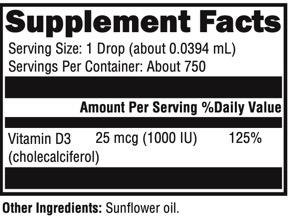
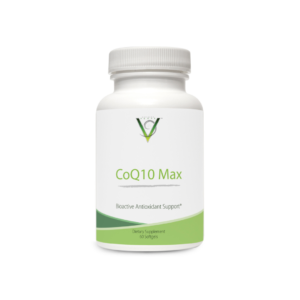
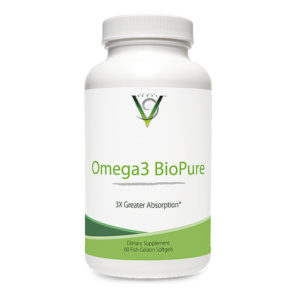
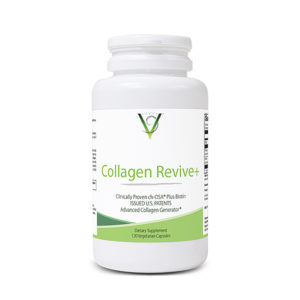
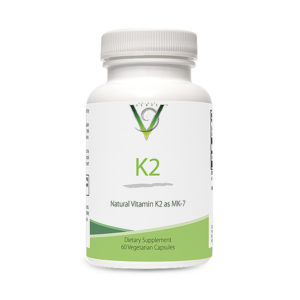
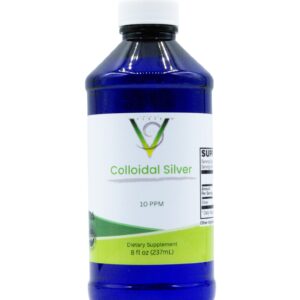
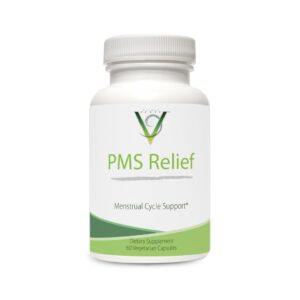
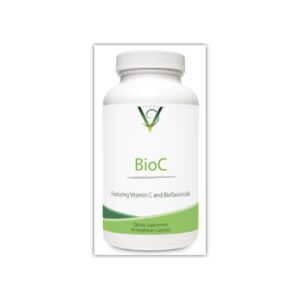
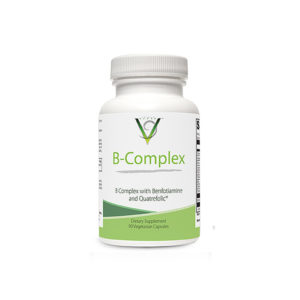
Alex (verified owner) –
Great value! Love this product.